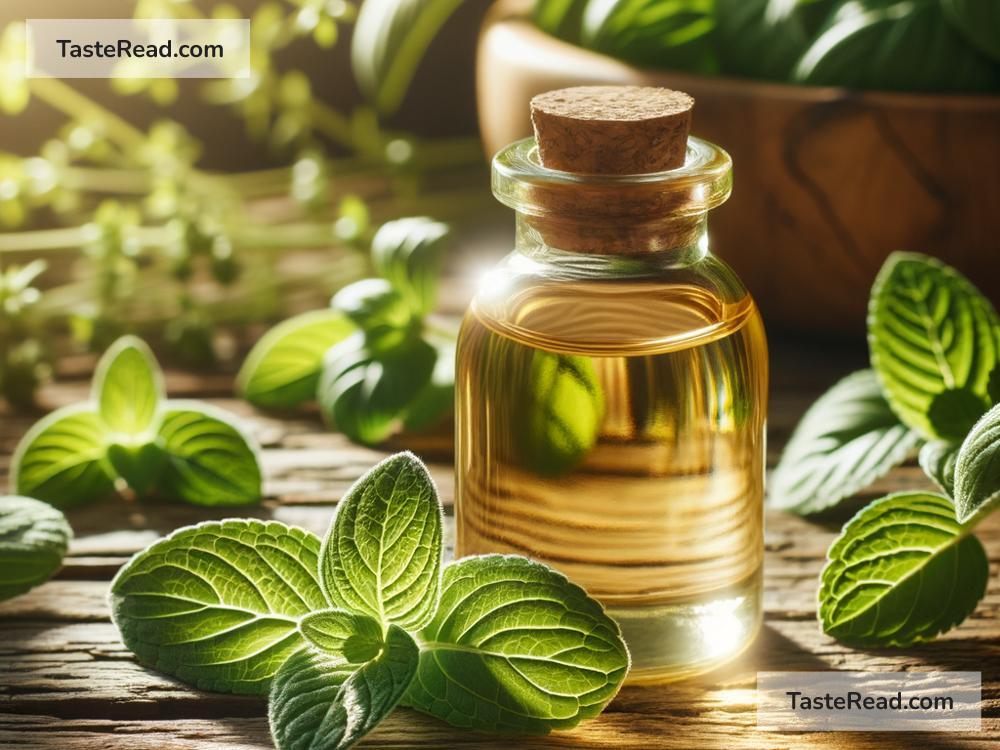Title: The Simple Guide to Choosing Ethically Harvested Plant-Based Oils
Plant-based oils are a cornerstone of many health-conscious individuals’ diets, beauty regimes, and even medicinal practices. However, as our global concern for sustainability and ethical practices grows, understanding how to choose ethically harvested plant-based oils becomes essential. In this simple guide, we’ll explore what ethically harvested means, why it’s important, and how you can make informed decisions when selecting plant-based oils.
What Does Ethically Harvested Mean?
In the context of plant-based oils, ‘ethically harvested’ means that the plants from which the oils are extracted are grown and harvested in a way that respects the environment, the biodiversity of the area, and the workers who collect and process the plants. This approach ensures that the production process is sustainable, causing minimal harm to the planet, and that workers are treated fairly and paid adequately.
Why Choose Ethically Harvested Plant-Based Oils?
-
Environmental Protection: Ethically harvested plant-based oils come from sources that prioritize the health of our planet. This means avoiding practices that lead to deforestation, water pollution, and the loss of biodiversity.
-
Social Responsibility: By choosing these oils, you support fair labor practices. This ensures that workers in the supply chain are not exploited but instead work under safe conditions and receive fair pay.
-
Quality Products: Ethically harvested oils often come from small-scale farms that take great care in their cultivation and processing methods. This usually translates to a higher quality, more nutrient-rich oil.
How to Choose Ethically Harvested Plant-Based Oils
-
Look for Certifications: Certifications can be a helpful guide to understanding the ethical commitments of a brand. Look out for labels like Fair Trade, USDA Organic, or Rainforest Alliance. These certifications ensure that certain environmental and social standards are met in the production of the oils.
-
Research the Brand: Spend a little time getting to know the brand. Many companies that prioritize ethical harvesting will share details about their sourcing and harvesting practices on their websites. They often also engage in additional sustainability efforts or community projects.
-
Understand the Ingredients: Knowing where common plant-based oils come from can help you make better choices. For example, palm oil is associated with deforestation and habitat destruction. Opting for alternatives or ensuring the palm oil is sustainably sourced is a step towards ethical consumption.
-
Packaging Matters: Ethical harvesting also considers the lifecycle of the product, including its packaging. Choose oils that come in recyclable or biodegradable packaging to minimize your environmental impact.
-
Buy Local When Possible: Local oils might not always be an option, but when they are, they can be a great choice. Local sourcing often means lower transportation emissions and you get the opportunity to directly inquire about the farming and harvesting practices.
-
Support Small Producers: Small scale producers often rely on traditional, sustainable farming and harvesting methods. By choosing their products, you not only get high-quality oil but also support the preservation of indigenous practices and local economies.
-
Price as an Indicator: While not always the case, very cheap oils might be a red flag. Ethical practices often come at a cost, and this is reflected in the price of the end product. Investing in higher-priced oils can often mean supporting more sustainable and fair processes.
Concluding Thoughts
In an era where our choices have far-reaching impacts on our planet and its inhabitants, opting for ethically harvested plant-based oils is a step in the right direction. It’s a way to care for yourself while also respecting the environment and those who labor to bring these products to your shelf. By making informed decisions based on certifications, brand research, understanding ingredients, considering packaging, buying local, supporting small producers, and recognizing price as an indicator of quality, you contribute to a more sustainable and fair world. Each purchase is a vote for the type of practices you want to support, so make it count!


